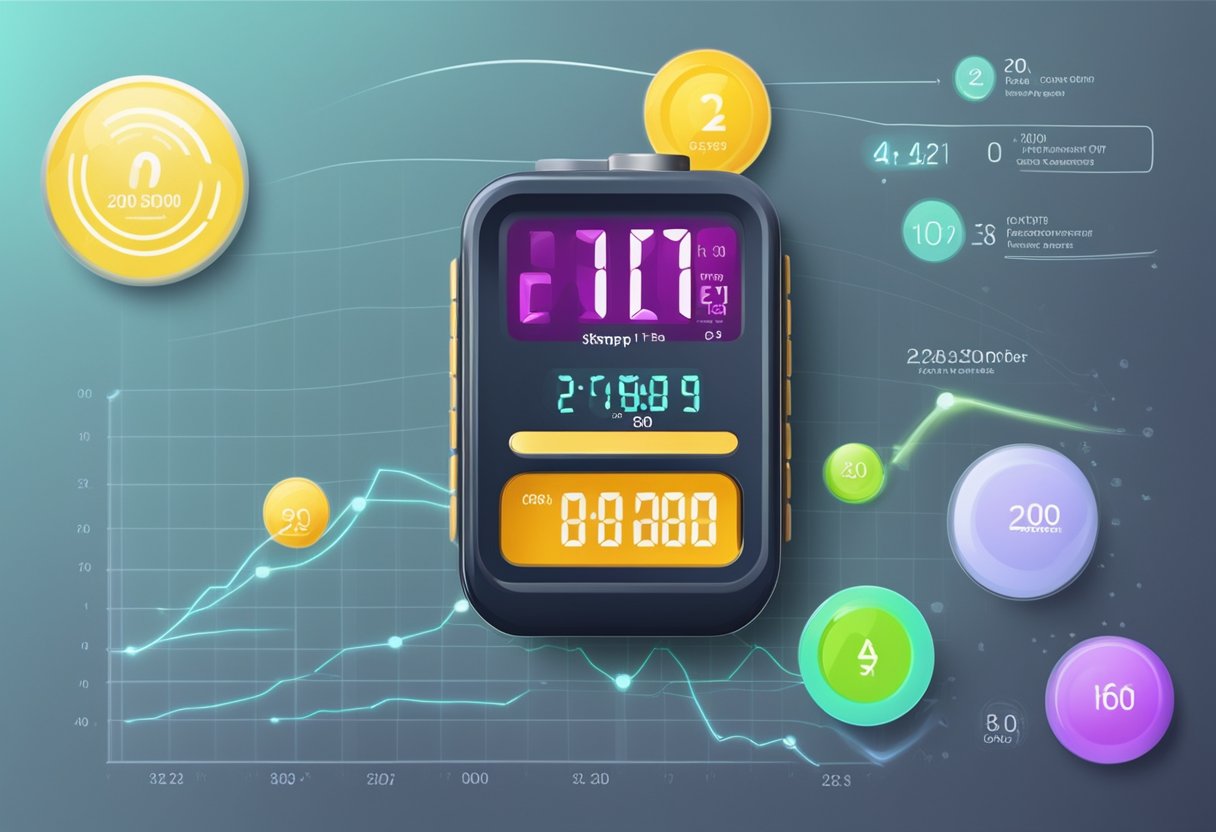Effective Strategies for Managing Heart Palpitations: What to Do When Experiencing Herzrasen
Heart palpitations, known in German as 'Herzrasen', can be unsettling and may lead to concerns about one's heart health. Understanding effective strategies and immediate actions to take when experiencing palpitations can empower individuals to manage these episodes confidently.

Understanding Herzrasen: What It Is and Its Triggers
Herzrasen, or heart palpitations, often feel like your heart is racing, pounding, or fluttering. While occasional palpitations can be harmless, they may also indicate underlying health issues. Here are some common triggers associated with herzrasen:
- Stress and Anxiety: Emotional stressors can significantly impact heart rhythm, leading to sensations of racing heart.
- Caffeine and Stimulants: Excessive consumption of coffee, energy drinks, or certain medications can cause increased heart rate.
- Hormonal Changes: Conditions such as pregnancy, menopause, and thyroid issues may lead to more frequent episodes of herzrasen.
- Cardiac Conditions: Although less common, palpitations can be associated with arrhythmias or other heart issues.
What to Do Immediately During an Episode of Herzrasen
If you experience herzrasen, here are some steps you can take to help alleviate the symptoms:
- Practice Deep Breathing: Take deep, slow breaths. Inhale deeply through your nose and exhale through your mouth. This helps calm the nervous system and can slow your heart rate.
- Hydrate: Drink a glass of water. Sometimes dehydration can contribute to palpitations.
- Limit Stimulants: Immediately reduce or eliminate any caffeine or stimulants you may have consumed recently.
- Change Body Position: Sit down or lie down in a comfortable position. Sometimes changing your posture can relieve the sensation of racing heart.
- Try the Valsalva Maneuver: Close your mouth, pinch your nose, and try to exhale forcefully. This technique counters irregular heart rhythms and may help restore normal heartbeats.
- Distract Yourself: Engage in a calming activity, such as reading or listening to music, to reduce anxiety and focus away from the racing heart.
When to Seek Medical Help
While not all palpitations are serious, certain signs should prompt you to seek medical assistance:
- Palpitations that occur frequently or are prolonged.
- Accompanying symptoms like chest pain, dizziness, shortness of breath, or fainting.
- If you have a history of heart disease or other health conditions that might be aggravated by these episodes.
Preventing Future Episodes of Herzrasen
To minimize the occurrence of heart palpitations, consider implementing these lifestyle changes:
- Manage Stress: Integrate stress-reducing activities like yoga, meditation, or exercise into your daily routine.
- Limit Caffeine and Stimulants: Be mindful of your intake of caffeine, nicotine, and other stimulants.
- Stay Hydrated: Ensure adequate fluid intake to prevent dehydration.
- Healthy Diet: Adopt a balanced diet rich in fruits, vegetables, whole grains, and lean proteins to support overall heart health.
- Regular Exercise: Engage in regular physical activity—aim for at least 30 minutes most days of the week.
- Monitor Medications: Review any medications you are taking with your healthcare provider, as some can increase heart rate.
Consultation with Healthcare Professionals
If you find that heart palpitations continue to be a nuisance or if you're unsure about your heart health, consult a physician. They may recommend:
- Electrocardiogram (ECG): This test can help identify any abnormal heart rhythms.
- Holter Monitor: A 24-hour cardiac monitor that records your heart's activity over a day.
- Blood Tests: To check for thyroid issues, electrolyte imbalances, or other health concerns that may contribute to palpitations.
Conclusion
Heart palpitations can be alarming, but understanding what to do when facing herzrasen empowers individuals to take control of their health. By recognizing triggers, applying immediate coping strategies, and involving healthcare professionals when necessary, you can effectively manage heart palpitations and maintain a healthy heart.
New posts

Effective Strategies to Lower Blood Pressure
Fitness

Navigating Low Blood Pressure and High Pulse: Key Insights
Wellness

Combatting Fatigue from Low Blood Pressure: Causes and Solutions
Lifestyle

Understanding Ruhepuls 45: The Ideal Resting Heart Rate for Your Health
Fitness

Understanding Normal Pulse Pressure: What You Need to Know
Lifestyle

Understanding Normal Pulse Rates: What Is a Normal Pulse?
Fitness

Understanding Low Blood Pressure at Night: Causes, Symptoms, and Management
Wellness

Low Blood Pressure and Trembling: Understanding the Connection
Wellness

Understanding Ruhepuls 60: A Guide to Optimal Heart Rate
Fitness

Understanding Pulsdruck: Key Insights into Your Blood Pressure Dynamics
Wellness
Popular posts

Understanding Low Diastolic Blood Pressure: Causes and What to Do
Wellness

Understanding Puls Unter 60: When Low Heart Rates Become Concerning
Fitness

Understanding Ruhepuls 50: What It Means for Your Heart Health
Fitness

Understanding Normal Blood Pressure: Measurements and Ranges
Health

Understanding the Ruhepuls Tabelle: A Comprehensive Guide
Fitness

Understanding Low Blood Pressure Symptoms in Men
Wellness

Understanding Wrist Blood Pressure Monitoring: A Comprehensive Guide
Wellness

Understanding Low Diastolic Blood Pressure: Causes, Risks, and Management
Wellness

Understanding Normal Pulse Pressure: What You Need to Know
Lifestyle

Understanding Low Blood Pressure and Its Effect on Vision Disturbances
Health